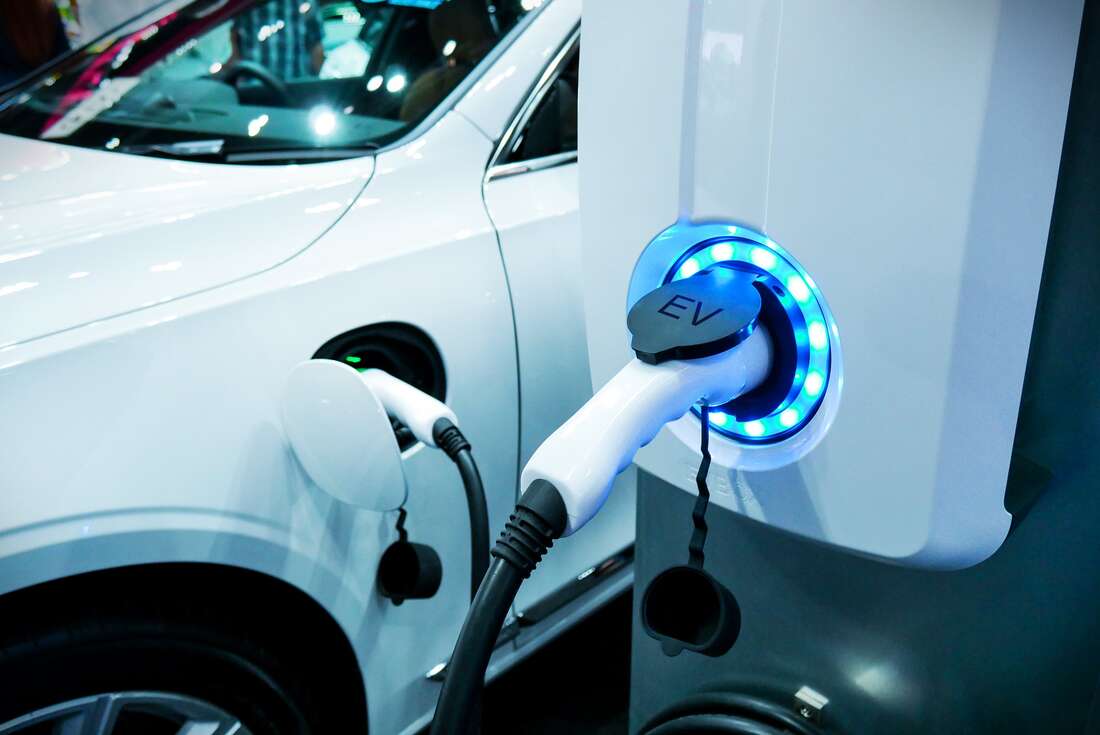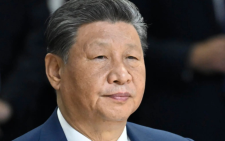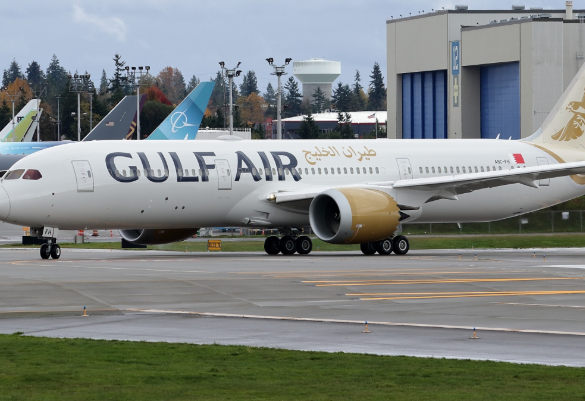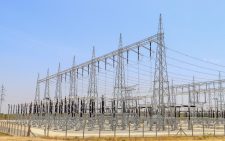Kenya Power pushes for special tariffs to lure EV investments

Kenya Power has submitted a proposal to the Energy and Petroleum Regulatory Authority (EPRA) seeking to impose special tariffs for electric vehicle (EV) charging stations to help the utility flatten the power demand curve and save its revenue.
This will allow it to sell electricity at a discounted price to the e-mobility sector during a certain time of the day, mostly at night, but only if they meet the set power consumption threshold. The move will further boost the penetration of the e-mobility sector.
E-buses and cars
“In the application that we’ve done to EPRA, there is a consideration for the revision of the tariff. We are looking at a special tariff for the e-mobility. If we are having many e-buses and cars in the country, we encourage them to start charging at a certain point and time,” said Samson Ondiek, Technical Assistant to the Managing Director and CEO, Kenya Power.
The power utility is fretful that the increased shift to EVs could push the country’s peak power demand to riskier levels during the day hence the need to spread the demand during the night when there are fewer economic activities.
Low power demand at night leaves power generated at night going unutilised despite Kenya Power paying for it, meaning it is not recouping huge profits from the power it sources from independent producers.
According to Data from EPRA, the current peak demand rose to 2,132 Megawatts (MW) in December, dropping the buffer capacity to below the 100MW mark. A drop in buffer capacity always triggers fears of power rationing but the country has always been quick to fix the shortfalls through importation.
An increase in daytime power demand always forces the State utility to switch to thermal power, which is very expensive than other renewable sources like hydropower. The continued reliance on thermal power, which has been worsened by the prolonged drought, always hurting the company’s revenues amid the rising cost of fuel.












